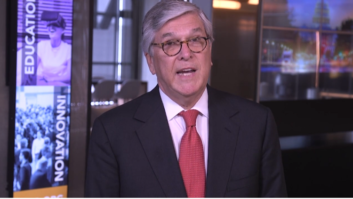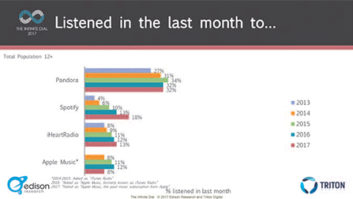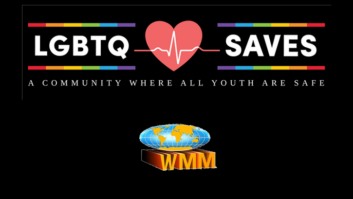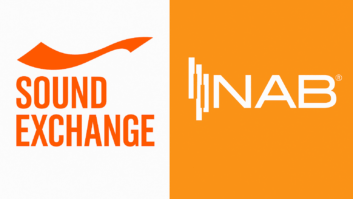Radio World’s editorial (“Time for a Cease-Fire,” June 3) urging NAB to end our battle against the recording industry’s “performance tax” proposal in Congress displayed surprising naivety for the political process and a disappointing lack of appreciation for local radio’s role as the primary driver of music sales.
RW blithely criticizes NAB for our “nasty campaign” and cavalierly urges broadcasters to “compromise” on the issue.
Let’s be clear: NAB neither asked for nor started this fight. But once the well-funded Recording Industry Association of America launched its scorched-earth legislative attack on free radio, it was our obligation to try to block it. That’s what professional trade associations do, and NAB makes no apologies for defending the interests of America’s hometown radio stations.
To its credit, RW acknowledges that record labels have shown “astonishingly little appreciation” for the role radio has played in exposing music to our 235 million weekly listeners. But why stop there?
Why would RW ignore the fundamental hypocrisy of a record label campaign based on the theme of “fairness to artists”? Why not acknowledge the shabby treatment afforded artists by the labels? Why not suggest that record labels actually negotiate fair contracts with talent? Why not point out that musician after musician has filed lawsuits to recoup royalties owed to them by their record label?
Rather than attack NAB, RW should be calling the RIAA campaign what it really is: a cynical effort by the failing recording industry to recoup massive losses brought on by a refusal to adapt to the digital age.
Anyone with the slightest familiarity of music knows that technology and Napster changed the music business forever. Through the advent of iTunes, music fans are no longer forced to shell out $20 for an entire CD of mostly unwanted songs.
A savvy record executive would have seen the digital tsunami approaching, and embraced the digital song download model that Apple’s Steve Jobs pioneered. Instead, RIAA and its music mogul members chose to ignore technology. They alienated an entire generation of listeners by suing thousands of college kids, most of whom would have willingly paid for individual songs if the application were available.
Now, having been asleep at the digital switch, RIAA-member companies are targeting free radio airplay, jeopardizing a musician’s number one promotional vehicle.
RW ends its editorial by seemingly calling for NAB to unilaterally disarm, suggesting that we compromise because in RW’s view, the RIAA arguments will ultimately win the day.
We respectfully decline your advice. In our view, negotiating a new fee that funnels hundreds of millions of dollars from radio to the mostly foreign-owned record labels is not an option, particularly given the economic downturn facing radio stations today.
Moreover, we would note that more than half the members of the House of Representatives now oppose the performance tax. As bipartisan momentum continues to build for our side, we encourage all radio station executives across America to continue educating members of Congress on the dire threat posed by this RIAA-backed bill.
RW should know that radio broadcasters have never been more united on a public policy initiative. From Bangor to Boise, from Mom & Pop operators to the largest station groups, radio broadcasters are determined to defeat the performance tax.
Interests collide every day in Washington, and there are times when a trade group like NAB has no other option than to compromise. This is not the time, nor the issue.
The author is executive vice president of media relations for the National Association of Broadcasters. For more information visitwww.noperformancetax.org.





